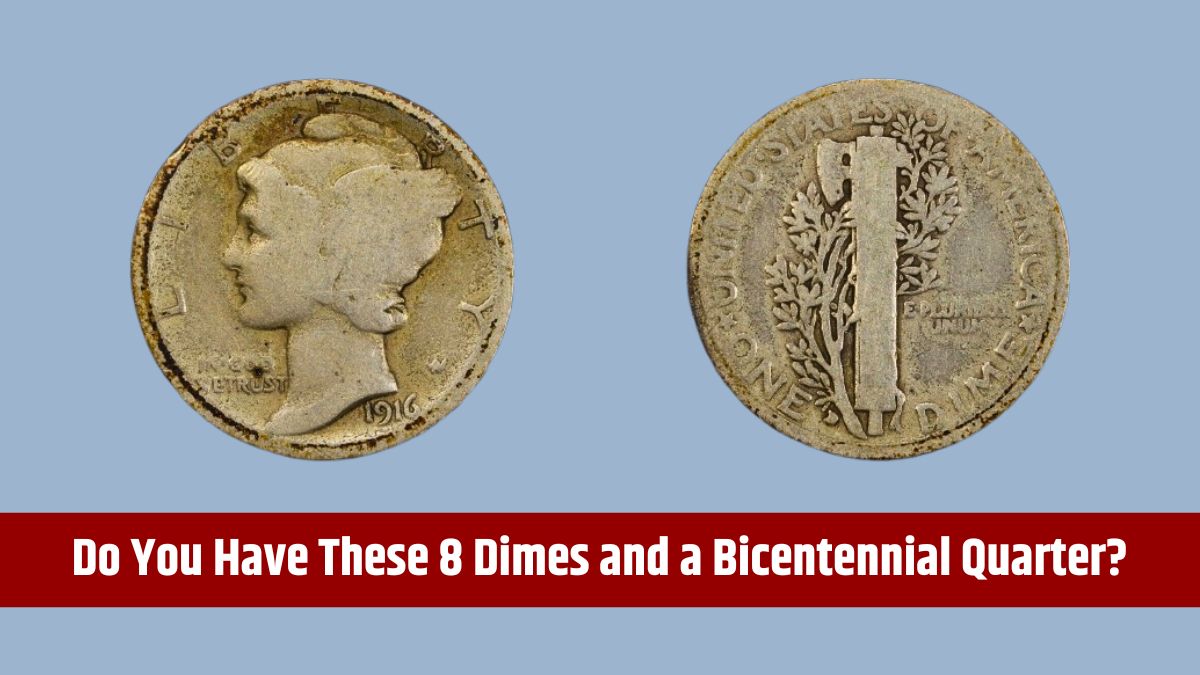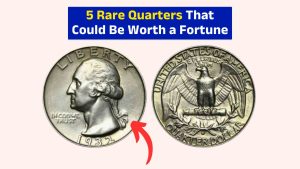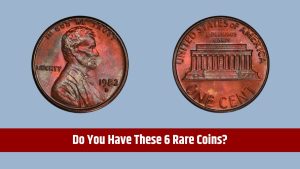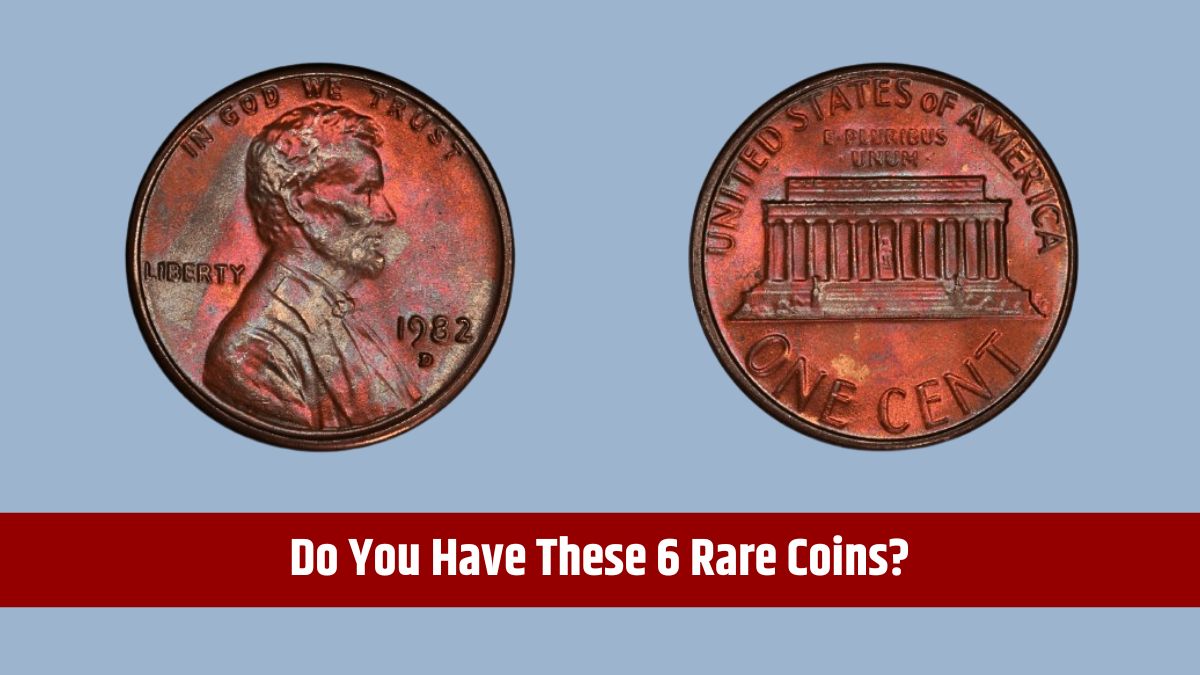Have you ever looked at the change in your pocket and wondered if it’s worth more than just cents? Well, some people have struck gold—figuratively—by discovering rare dimes and quarters in their everyday change. With an estimated total value close to $470 million, these coins are more than collectibles—they’re potential life-changers. Let’s cut into the rarest and most valuable U.S. dimes and quarters and how you can tell if you’ve hit the jackpot.
Millions
Some coins are worth hundreds, others thousands, but a select few have soared into the millions. Check out this list of rare coins and their jaw-dropping values:
| Coin | Estimated Value | Notable Features |
|---|---|---|
| 1894-S Barber Dime | $2 million+ | Only 24 minted; ultra-rare |
| 1916-D Mercury Dime | Up to $300,000 | Low mintage from Denver |
| 1975 No-S Roosevelt Dime | $500,000+ | Lacks the “S” mint mark |
| 1873-CC Liberty Seated Dime | $1 million+ | Rare Carson City mint issue |
| 1916 Standing Liberty Quarter | $150,000+ | Unique design in its first production year |
| 1932-D Washington Quarter | Up to $25,000 | Very low production count |
| 1965 Silver Quarter Error | $10,000+ | Wrong metal used in minting |
| 1999-P Delaware Spitting Horse | Up to $1,500 | Die crack causes spitting horse appearance |
| 1776-1976 Bicentennial Quarter | Varies | Some are 40% silver; collectible anniversary |
That’s a lot of money for pocket change. So how do coins become this valuable in the first place?
Value
Rare coins get their value from a mix of scarcity, condition, historical importance, and unique errors. Let’s break it down:
1. Rarity and Low Production
If only a handful of coins were ever made, like the 1894-S Barber Dime, it instantly becomes a must-have for serious collectors. Fewer coins mean higher demand—and higher prices.
2. Condition and Grading
A coin’s grade can make or break its value. Coins that are graded Mint State 65 (MS-65) or above by organizations like PCGS or NGC can be worth significantly more. That’s why a barely circulated coin is like a goldmine.
3. Historical Relevance
Coins tied to important periods or anniversaries, like the Bicentennial Quarter, can hold sentimental and collectible value. Even if they’re not rare, certain versions (like silver editions) fetch decent prices.
4. Minting Errors
Sometimes, mistakes are golden. Coins with missing mint marks, double dies, or wrong metal compositions are in high demand. For instance, the 1975 No-S Roosevelt Dime was minted without the “S” mark—a costly little oversight.
Tips
Think you’ve got a treasure hidden in your coin jar? Here’s what to do next:
- Inspect the Date and Mint Mark: Pay close attention to the year and any small letters like “D,” “S,” or missing marks.
- Check for Weight and Color Differences: Especially with silver coin errors, the metal might look or feel slightly different.
- Use a Magnifying Glass: Look for cracks, extra lines, or doubling in letters or numbers.
- Research Before Selling: Compare your coin’s features with verified examples online or in coin guides.
- Get a Professional Appraisal: Have your coin graded by PCGS or NGC to determine its authenticity and condition.
Worth
Checking one of these coins is like winning a mini lottery. Whether it’s a dime from the 1800s or a quarter with a minting error from just a few decades ago, your change could be a hidden treasure chest. Even if you don’t discover a $2 million coin, others could still fetch hundreds or thousands of dollars.
The next time you receive change or go through an old piggy bank, take a second look. You might be holding a slice of American history—and maybe a big payday too.
FAQs
What is the most valuable dime?
The 1894-S Barber Dime, worth over $2 million.
How do I know if my quarter is rare?
Check for mint marks, errors, and low mintage years.
What is the 1975 No-S dime worth?
Over $500,000 due to its missing mint mark.
Can I sell rare coins online?
Yes, use trusted platforms or auction houses.
Who grades valuable coins?
PCGS and NGC are top grading companies.









